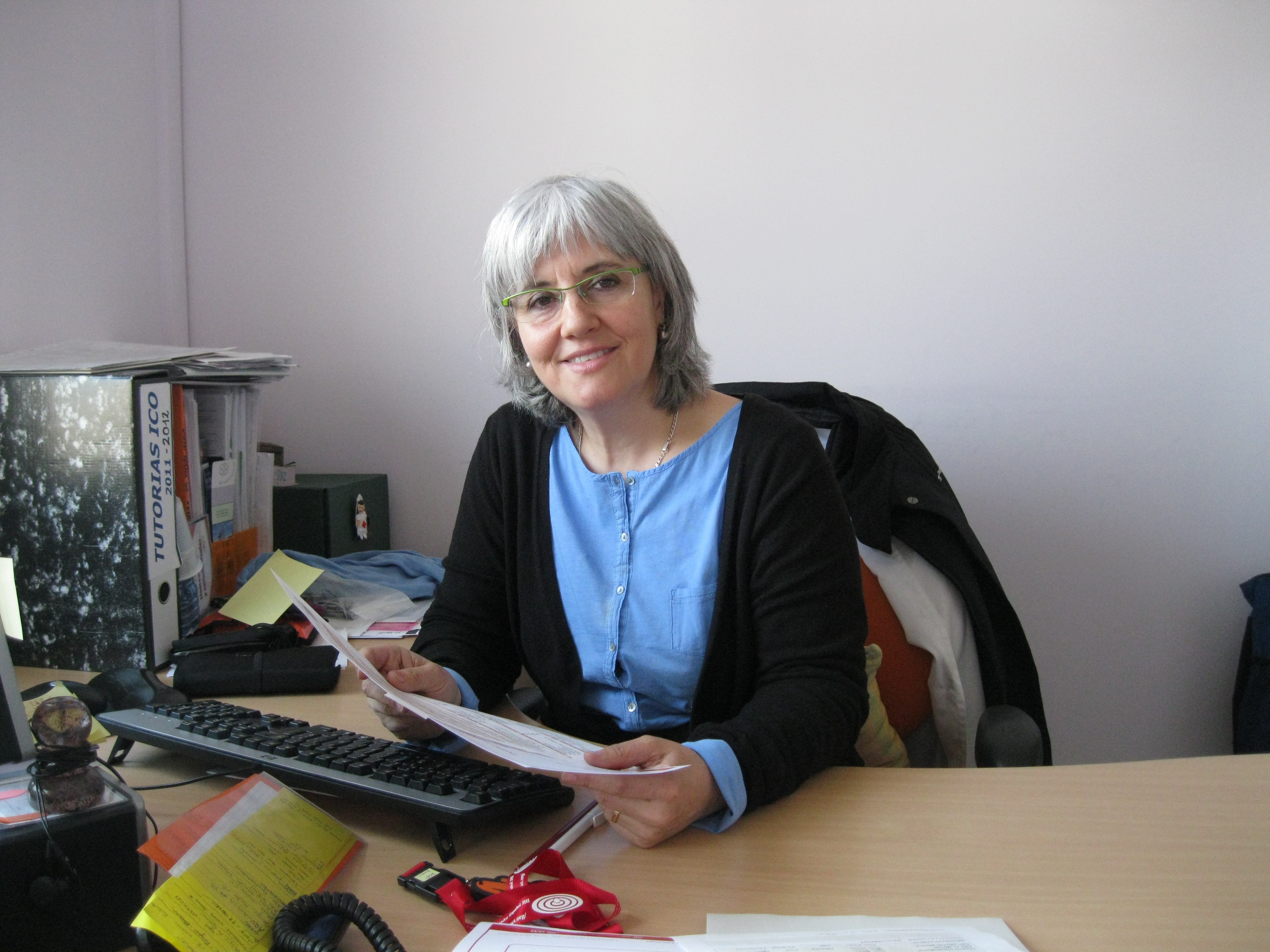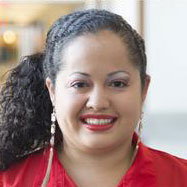By Paz Fernández Ortega, PhD, MSc, RN, BPsych, and Raizalie Román, RN, BSN, OCN®

“If you know other countries and their people, there will be no wars or hatred.” That was the motto I understood when I was younger and I remember participating in international oncology and nursing conferences, exchanging knowledge, resources, and education with other countries. Cancer connects us all, and that maxim has stuck with me and marked my interest in travelling and meeting new people.
My first choice for a holiday in 2018 didn’t involve visiting Peru. But, as I rested in my small town in the north of Spain and recharged my batteries for the start of a new academic year at my hospital and the University of Barcelona, I read a request from ONS for oncology nurse presenters fluent in Spanish. After learning more, I decided that rather than vacationing in other parts of the world, I would spend my summer a little differently—learning and collaborating with oncology nurses from other countries at the Association of Clinical Oncology’s (ASCO’s) Multidisciplinary Cancer Management Courses (MCMC) in Lima, Peru, from August 9–11, 2018.
ONS, working together with ASCO and developing countries, aimed to promote training, education, and oncology excellence for nurses around the world. On the day prior to the MCMC event, ONS’s international efforts held a multisession, daylong course that promoted excellence, education, and patient-centered care for oncology nursing in Peru.

Meeting Nursing Educational Needs
ONS member Raizalie Román, RN, BSN, OCN®, at Lehigh Valley Hospital in Allentown, PA, and I coordinated our course development through conference calls and Skype sessions. We communicated and organized an attractive program that addressed the needs of nurses in regions throughout Peru. We looked at clinical needs from the northern, Andean, and southern regions of the country. Peru is vast and has a high geographic diversity to its patient populations, so their nurses’ needs varied greatly.
“The idea for a separate nursing day added some work to our schedules, but in a really great way,” Román recalls. “It allowed us to focus on crucial aspects of nursing care—areas that were really needed for these nurses. We think it was a valuable addition to the conference.”
Ultimately, we developed our sessions according to themes, including oncology nursing education, research and care for patients with cancer, quality measures for cancer services, roles of advanced practice nurses and nurse navigators, tumors and pathologies, palliative care, and chemotherapy safe handling and administration. The nurse presenters shared information and their experiences from different perspectives and countries, including the United States, Europe, and Peru itself. Hearing information from the host country was highly enriching to the attendees and prompted interesting discussions with nurses in the audience.
The nursing preconference course initially planned to accommodate 40–60 nurses, but attendance quickly rose to 150 and was ultimately capped at 220 attendees in the days leading up to the event. Organizers had to end the registration process prior to the day because all of the spaces had been filled.
After a successful day, my colleague Román hoped that the oncology nurses in attendance took away some key points.
“I definitely wanted our attendees to know that they are valued, and we wanted to provide them with encouragement on a global level about the importance and impact of oncology nursing care,” Román notes. “We also wanted them to have the tools for self-care for themselves to avoid professional burnout.”
Fueling My Own Growth and Learning
For me, three points stood out as I participated in this cooperative, successful endeavor. First, I came home with unique experiences of seeing and understanding what our program had to offer and how others could learn from it.
Second, I embraced the relationships I formed with the nurses I met, learning about their realities in practice and understanding where we were the same and where we were different. Oncology nurses love to work with people, and that’s true everywhere. Regardless of setting, the resources available to them, or the conditions of their institution, oncology nurses are giving their all to help their patients with cancer.
Third, this experience gave me plenty to learn from in my own work as an oncology nurse. I’m grateful for the opportunity, both professionally and personally, to have had the chance to visit Peru, develop sessions for our nurse colleagues, and work to improve cancer care for patients around the world.
Editor’s note: If you would like to present internationally for ONS, submit the a global volunteer form at ONS.org.





